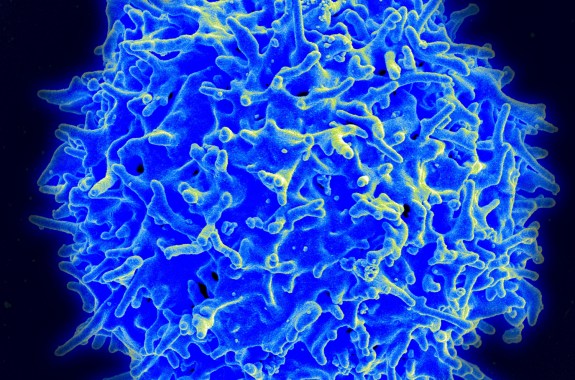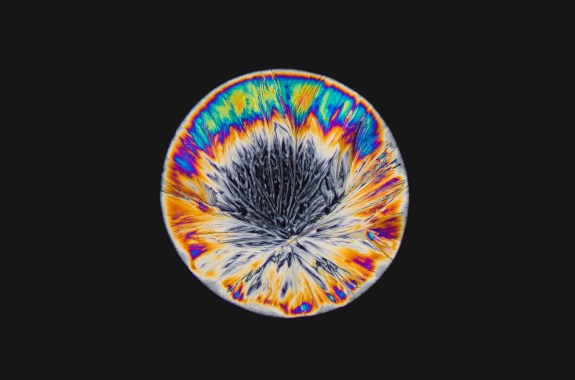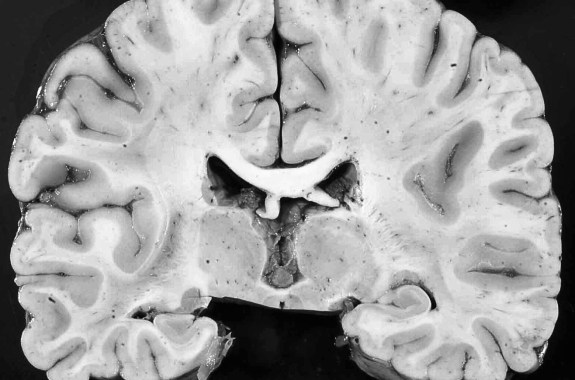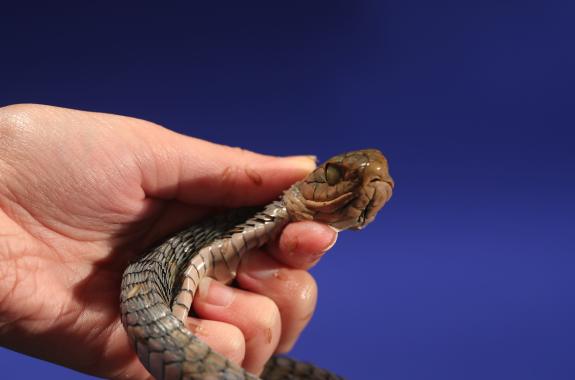Boughs Of Folly: Science Blunders In National Lampoon’s ‘Christmas Vacation’
What can we learn from the Griswolds’ many mishaps?
7:19
Cell Implant Treats Inflammation Before It Starts
Designer cells detect inflammatory compounds that foreshadow an autoimmune attack, pumping out anti-inflammatory compounds in response.
12:14
Fighting Cancer With Your Own Immune System
Former president Jimmy Carter declared himself cancer-free this week as a result of—among other things—a cancer immunotherapy drug.
12:10
Understanding The Epidemic Of Gun Violence
After the 2015 mass shooting in San Bernardino, California, researchers push that gun violence be addressed as a public health issue.
26:41
Is Football Bad for Your Brain?
Concern about the long-term repercussions of football are on the rise due to cases of chronic traumatic encephalopathy, or CTE.
The Origin Of The Word ‘Vaccine’
This world-changing tool of immunization got its name from a cow virus.
05:31
Diary of a Snake Bite Death
This week’s Macroscope video follows the detailed diary of herpetologist Karl P. Schmidt as he was dying from the venom of a snake bite.
11:44
Forecasting the Flu
Researchers seek to track the flu using nasal swabs and search engine queries.
24:47
2015 Nobel Prizes: Mysteries of the Cosmos and Our DNA
This year’s crop of Nobel Prizes were unveiled this week, and the awards go to parasite-zapping drugs, a DNA repair kit, and the mystery of missing neutrinos.






